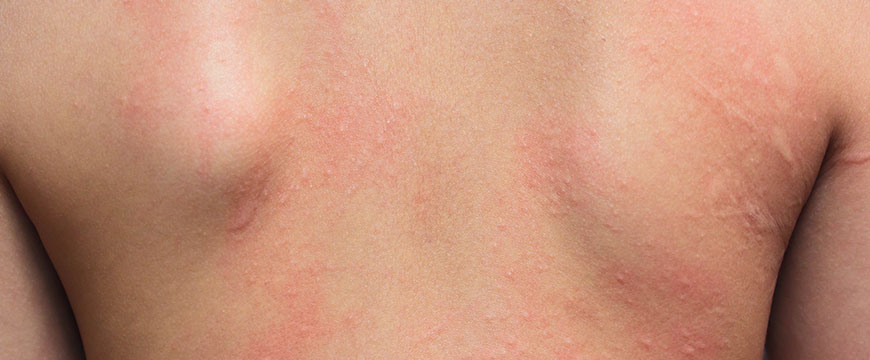
There is this alarming threat of food allergens not explicitly specified in most food labels nowadays. As a result, this problem has resulted in food recalls over the past few years. In case you become one of the unsuspecting victims of hidden food allergens, you should consult an allergy specialist doctor immediately for proper treatment and medications.
Hidden allergens present in food products
The total number of food products recalled due to hidden allergens had doubled within 2007 and 2014. This is despite the existence of The Food Allergen Labelling and Consumer Protection Act wherein all food manufacturers are mandated to specify in their packaging any potential allergens present in their products.
This may include food allergens such as peanuts, soy, tree nuts, and milk among a few. If you experience allergic reactions from these ingredients, consult an allergist specialist the soonest you can.
The increase of food recalls due to improved detection of the presence of allergens may be a positive thing. It can indicate that there are better awareness and testing procedures done to ensure that there is no allergen left undetected as compared to previous testing methods.
However, many of these product recalls may not be triggered until there will be a surge of reports of allergic reactions among consumers. That is why the FDA is working with these companies to further prevent these problems in the future.
Why there are “hidden” allergens
There are possible reasons why there are these so-called hidden allergens. Among these include the following.
Cross-contamination
This occurs when some utensils are also being used for different food products. For example, some food establishments and manufacturers may be using the same utensil to slice meat and cheese, the latter being a common food allergen. In other words, these utensils may not be cleaned thoroughly before using it for other food preparation purposes.
Ingredients containing allergens
It occurs when there are ingredients used to create another product, such as eggs or milk, which are also common allergens. Or when the same cooking oil is used to fry fish and fries. For any signs of allergic reactions, it is best to consult an allergy physician near you.
Misleading labels
This may be more alarming because it does not clearly indicate the presence of potential allergens in the label. For example, some milk products may still contain traces of allergens despite it being advertised as “dairy-free” or other similar labels. These allergens may not be a major ingredient and only used as a food emulsifier or binder. Still, these practices can be potentially life-threatening for allergy sufferers.
How to detect allergens in food labels
Some food ingredients may have different names but pertain to one item. That is why it is important to be aware of these ingredients so you won’t suffer from potentially fatal consequences in the future. It is also important to consult the best allergist to know more about this particular food concern.
Eggs
This is one of the most common food allergens. It may be present in different food items such as mayonnaise, cake flours, cookies, cocoa drinks, and ice cream among a few. Even without stating “egg” in the ingredient list, its presence can be disguised under the following names:
- Albumin
- Lecithin
- Binder
- Coagulant
- Ovalbumin
- Ovomucin
- Emulsifier
- Vitellin
- Globulin
Milk
Meanwhile, milk may be easier to determine than eggs. It is commonly present in food products such as ice cream, margarine, baked and batter-fried goods, chocolate, and canned soups among a few. Lactose, which is a major component of milk, may also be present in some medicines. You can consult an allergist specialist to know more possible food items and medicines containing milk components.
Soy
This allergen may also be present in food products such as bread, cereals, canned meat, cooking oils, and salad dressings among a few. Its presence may also be indicated in food labels under the following names:
- Miso
- Tofu
- Soy protein
- Bulking agent
- Carob
- Gum Arabic
- Vegetable starch
- Thickener
- Textured vegetable protein
There are many different types of allergens such as peanuts, wheat, fish, and shellfish. Each of these may not be explicitly indicated in food labels but traces of these allergens may also be present in different food products. You can find more details about these food products here.
Find allergy experts near you
If you are allergic to certain food items, it is important to seek medical help from an allergy physician. Some allergens may not be clearly stated in many food products, but at least you can have an idea of the abovementioned food ingredient name alternatives the next time you do your grocery. Contact the best allergist doctor in Manassas VA for your allergy information and treatment needs.


